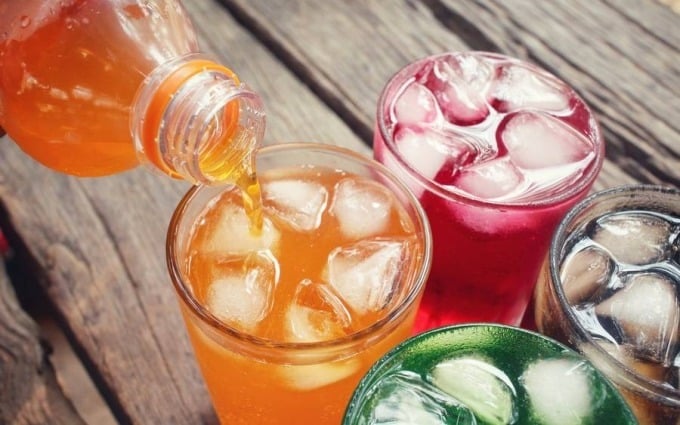
Vietnamese people's consumption of sugary drinks has increased 10-fold in 20 years, leading to many chronic diseases. The World Health Organization has proposed imposing a special consumption tax on this type of product.
Dr. Angela Pratt, Chief Representative of the World Health Organization (WHO) Office in Vietnam, said the above at the workshop on the harmful effects of sugary drinks on health and the role of tax policy in controlling consumption , on April 5.
In 2002, the average Vietnamese person consumed 6.04 liters of sugary drinks. In 2021, this number was 55.78 liters, a tenfold increase, according to a WHO survey.
Sugar-sweetened beverages, as defined by WHO, are all beverages containing free sugars (added sugars), including carbonated or non-carbonated soft drinks; fruit and vegetable juices, fruit and vegetable beverages in beverage form; liquid and powdered concentrates, flavoured waters, energy drinks and sports drinks; ready-to-drink tea; ready-to-drink coffee and flavoured milk drinks.
“Sugary drinks consumption is linked to health problems such as obesity, type 2 diabetes, tooth decay, increased risk of heart disease, stroke, cancer,” said Angela Pratt, adding that increasing or decreasing consumption of free sugars (regardless of sugar content) is positively associated with weight changes. In cities, more than one in four 15-19 year olds are overweight or obese.
In fact, the rate of overweight and obesity is increasing rapidly, especially in young people, and is related to eating behavior. Associate Professor Truong Tuyet Mai, Deputy Director of the National Institute of Nutrition, cited research that drinking one can of soft drink per day for 1.5 years will increase the risk of overweight and obesity by 60%. And drinking 1-2 cans of soft drinks per day (or more) regularly increases the risk of type 2 diabetes by 26% compared to people who rarely drink.
Meanwhile, WHO recommends that children aged 2 to 18 years should limit their sugar intake to less than 25g/day, and limit sugary drinks to no more than 235ml/week. Children under 2 years should not consume any food or drink with added sugar.
“Timely and decisive action is needed to reverse these trends,” said Angela Pratt. Worldwide, a common approach to reducing harm from sugary drinks is to increase their price through taxes. Prices affect costs, helping to reduce consumption.
According to WHO calculations, if a tax increased the price of drinks by 10%, people would drink about 11% less. They would switch to healthier drinks like water.
Currently, more than 100 countries have applied excise taxes on these products.
In addition to taxes, WHO also recommends implementing control measures such as nutrition labeling on the front of drinks, restrictions on advertising, restrictions on sugary drinks in schools, and education on healthy nutrition for children and adolescents.
Mr. Nguyen Tuan Lam, WHO representative in Vietnam, proposed that the Government consider imposing a tax on sugary drinks at 20% of the retail price. On the other hand, consider taxing based on sugar content or thresholds to encourage products with less sugar.
“Measures like these can help slow the rise in overweight and obesity, especially in children, and reduce the risk of non-communicable diseases in future generations,” said Mr Lam.
The Ministry of Finance is also drafting a special consumption tax on sugary drinks. In its comments, the Ministry of Health proposed that all sugary drinks, as defined by WHO, should be subject to special consumption tax, with the tax rate based on the sugar content in 100 ml and a threshold should be set. Sugar content above this threshold is taxed, according to the principle that the more sugar, the higher the tax rate. Conversely, below the threshold, there is no tax. However, the Ministry of Health has not yet specified the "threshold", that is, the sugar content in 100 ml of drink.
For some nutritional products (milk, dairy products...) with low sugar content, the Ministry of Health proposed not to impose special consumption tax.
Le Nga
Source link


![[Photo] Touching scene of thousands of people saving the embankment from the raging water](https://vphoto.vietnam.vn/thumb/1200x675/vietnam/resource/IMAGE/2025/10/30/1761825173837_ndo_br_ho-de-3-jpg.webp)
![[Photo] General Secretary To Lam meets former British Prime Minister Tony Blair](https://vphoto.vietnam.vn/thumb/1200x675/vietnam/resource/IMAGE/2025/10/30/1761821573624_tbt-tl1-jpg.webp)
![[Photo] The Third Patriotic Emulation Congress of the Central Internal Affairs Commission](https://vphoto.vietnam.vn/thumb/1200x675/vietnam/resource/IMAGE/2025/10/30/1761831176178_dh-thi-dua-yeu-nuoc-5076-2710-jpg.webp)
![[Photo] National Assembly Chairman Tran Thanh Man receives foreign ambassadors who came to say goodbye](https://vphoto.vietnam.vn/thumb/1200x675/vietnam/resource/IMAGE/2025/10/30/1761820977744_ndo_br_1-jpg.webp)
![[Photo] General Secretary To Lam attends the Vietnam-UK High-Level Economic Conference](https://vphoto.vietnam.vn/thumb/1200x675/vietnam/resource/IMAGE/2025/10/30/1761825773922_anh-1-3371-jpg.webp)
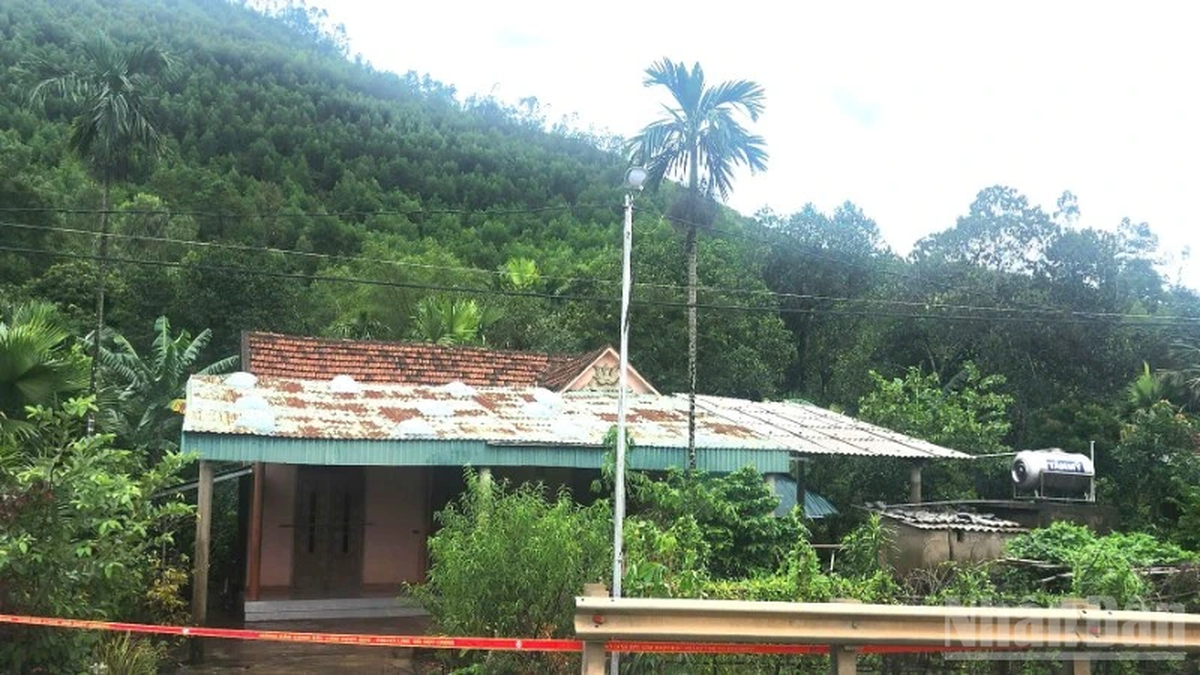
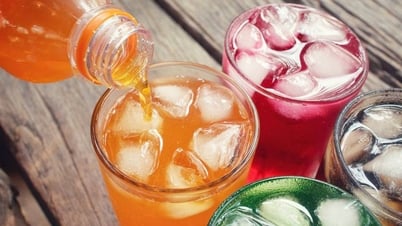



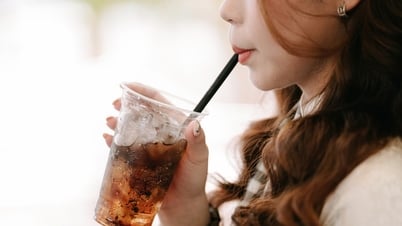




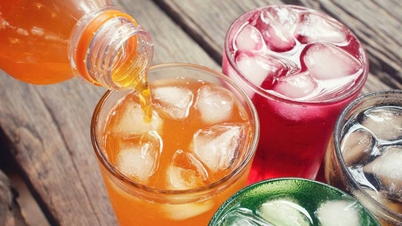
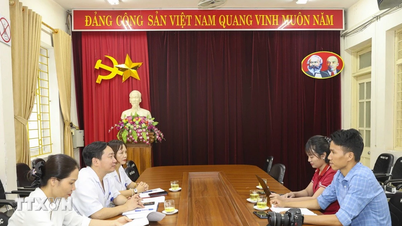



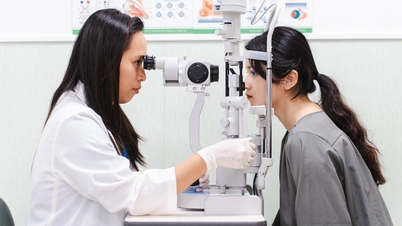

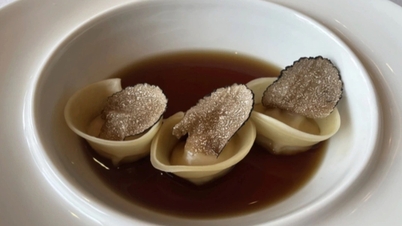
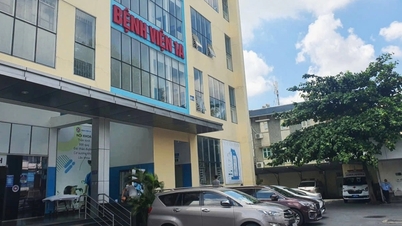
























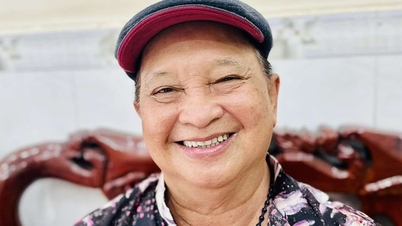

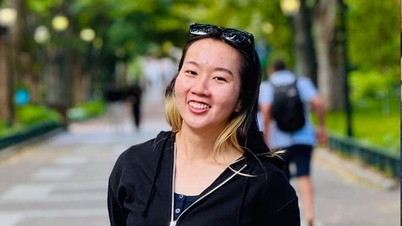







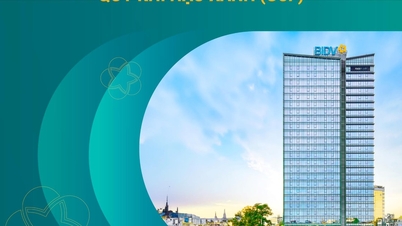

















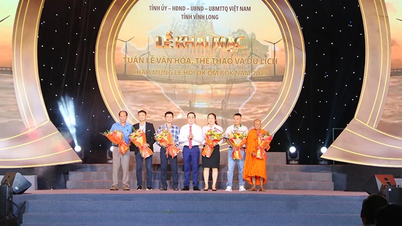

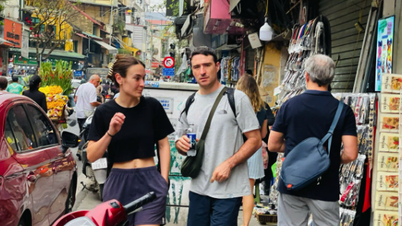
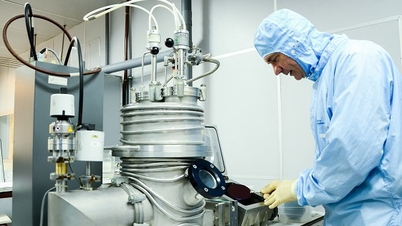


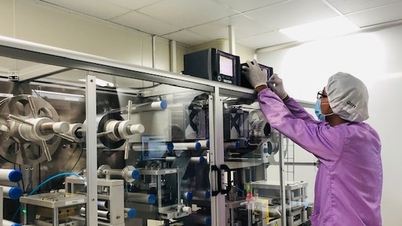
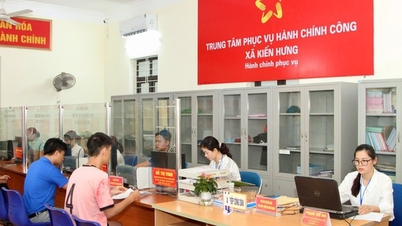
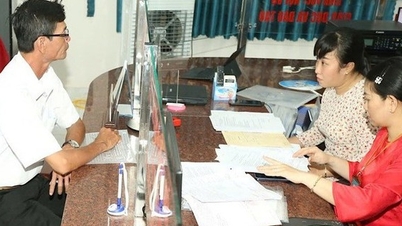
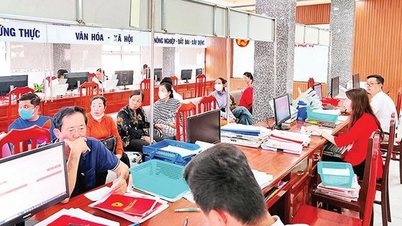
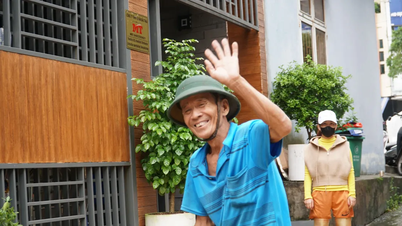






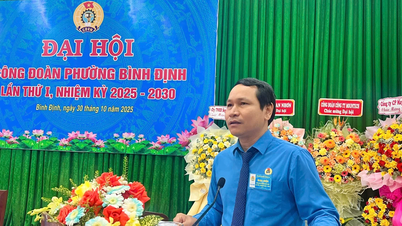

















Comment (0)